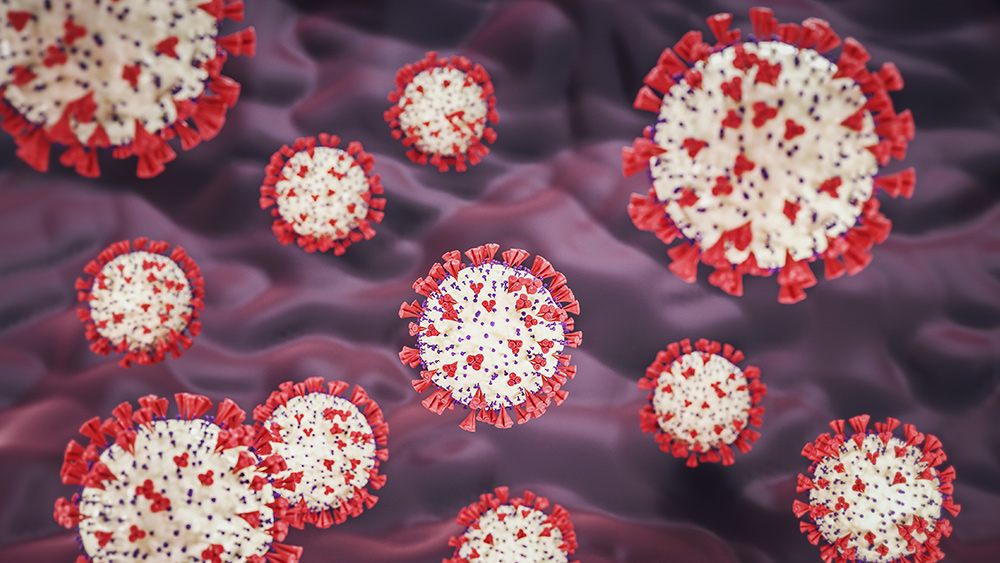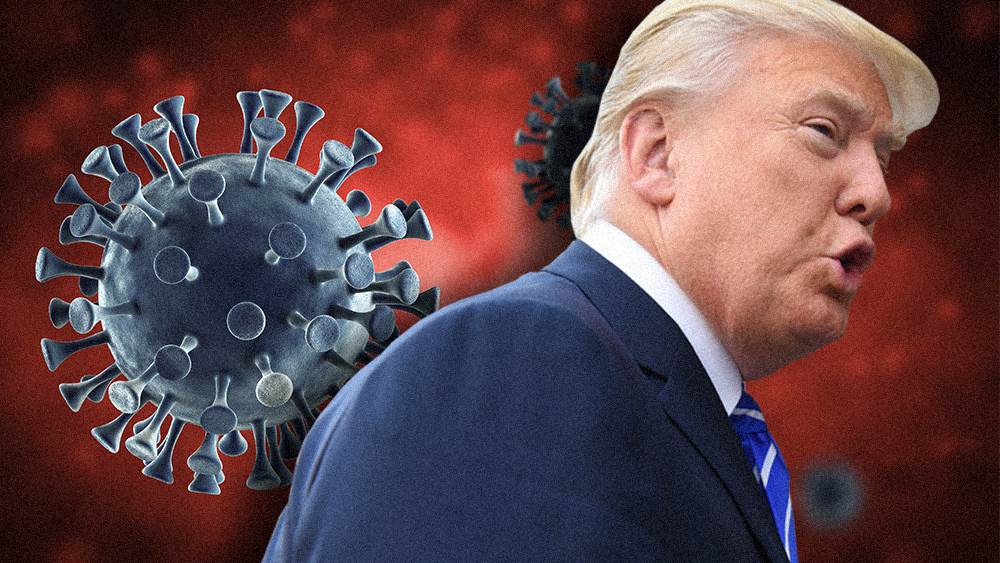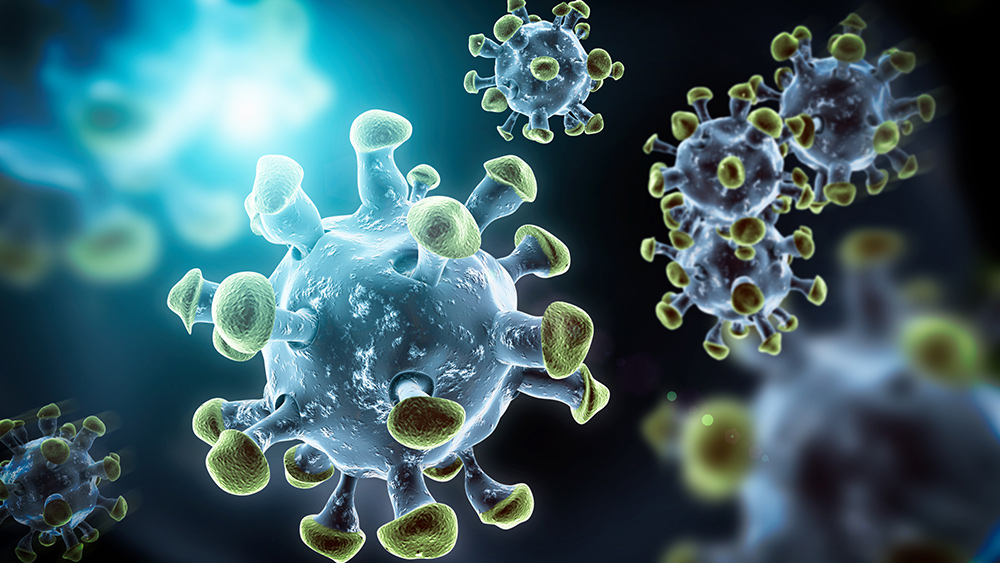Researchers explain how the circadian clocks of specific body parts operate independently from the brain’s “central clock”
04/07/2020 / By Franz Walker

You might think that the rest of your body goes to sleep the moment you do, but it seems that this isn’t the case. A recent study has brought to light how different parts of the body don’t follow the brain’s “central clock” and instead follow their own.
Two recent studies from University of California, Irvine (UCI) scientists, working in collaboration with the Institute for Research in Biomedicine in Barcelona, Spain (IRB Barcelona), noted that different organs could operate independently of the body’s main circadian clock. When this happens, these organs can throw the body’s circadian rhythm out of order, which can lead to health problems.
“The results were quite surprising,” said Paolo Sassone-Corsi, Donald Bren Professor in the Department of Biological Chemistry in UCI, and senior author of one of the studies. “No one realized that the liver or skin could be so directly affected by light.”
Different organs can tell the time without the brain
Researchers had long suspected that the body’s various circadian clocks could operate independently from its central clock in the hypothalamus of the brain. However, no one had ever tested this theory until now.
To finally be able to test the theory, scientists learned how to disable the entire circadian system of mice. Afterward, they jump-started individual clocks in specific organs within the mice, in this case the clocks inside the liver and skin. It was here that they found evidence that these organs operated on their own internal clocks, independent of the brain’s central one.
In proving the theory, the scientists were surprised by how these organs directly responded to light. For example, the liver knew what time it was. The organ responded to light changes as day turned into night and was able to maintain its critical functions including preparing to digest food at mealtimes, as well as converting glucose into energy.
Organs can detect light with help from other organs
The researchers believe that the liver was able to sense light by detecting signals from other organs. This was demonstrated when the liver’s clock stopped functioning when the mice were subjected to total darkness.
Seeing the liver respond to light despite being inside the body, the researchers are now looking to determine exactly how it’s able to do so. In upcoming studies, the researchers at UCI and IRB Barcelona will focus on other internal clocks to see how organs communicate with each other.
Understanding how the body’s internal clocks can be disrupted
While the studies were done on mice, Sassone-Corsi feels that they have a number of implications for humans in the future. Learning about the body’s various internal clocks and how they respond to light and other environmental pressures can give scientists a better understanding of how the modern world affects people.
“The future implications of our findings are vast,” he stated. “With these mice, we can now begin deciphering the metabolic pathways that control our circadian rhythms, aging processes and general well-being.”
Prior to these studies, Sassone-Corsi had looked into how the body’s internal clocks can be rewired by factors such as sleep deprivation, diet and exercise. In addition to these factors, exposure to light from computer monitors, televisions and cellphones before bed can also disrupt these internal clocks. (Related: A good night’s sleep linked to better memory, especially in the elderly.)
According to Sassone-Corsi, people’s circadian clocks can easily be confused by modern lifestyles. This can lead to depression, allergies, premature aging, cancer and a host of other health problems. Through further studies with animal models he hopes to uncover ways to make human internal clocks “less misaligned.” Doing so may help people fight off the negative side effects brought about by modern society’s unhealthy lifestyles.
Sources include:
Tagged Under: aging, body clock, brain function, circadian rhythm, cool science, immune system, internal organs, Liver, mind body science, prevention, research, Skin, sleep, sleep cycle, vital organs



















